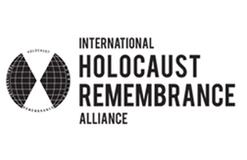Educational Philosophy
Our approach to Holocaust education emphasizes the importance of the individual story and is based on a few key principles:
Our memoirs can only be properly understood in each of their specific historical, geographical, sociological and political contexts.
By focusing on the particularities of the experiences of one or more authors, students realize the enormous multiplicity of stories that make up this historical event.
Emphasizing the ordinary lives lived by people before they were disrupted by war and genocide highlights our shared humanity.
Students form connections with the authors and see them as individuals they can learn from and engage with, rather than as statistics or victims.
First-person accounts demonstrate the impact of the Holocaust on individuals and the struggles they faced in its aftermath, including their immigration to Canada.
Students engage in historical empathy by understanding how people navigated their way through an unprecedented historical situation.
Educational programs need to challenge students to think critically about complex and sensitive topics.
Students develop the capacity to understand contemporary global issues and debates, as they grow into an informed and thoughtful younger generation.

Best Practices in Holocaust Education
The Azrieli Foundation is represented on the Canadian delegation to IHRA: The International Holocaust Remembrance Alliance. We add a Canadian voice to IHRA’s Education Working Group, which has developed a set of best practices in Holocaust education. These guidelines can be brought into the classroom as important pedagogical grounding for the study of first-person accounts.

